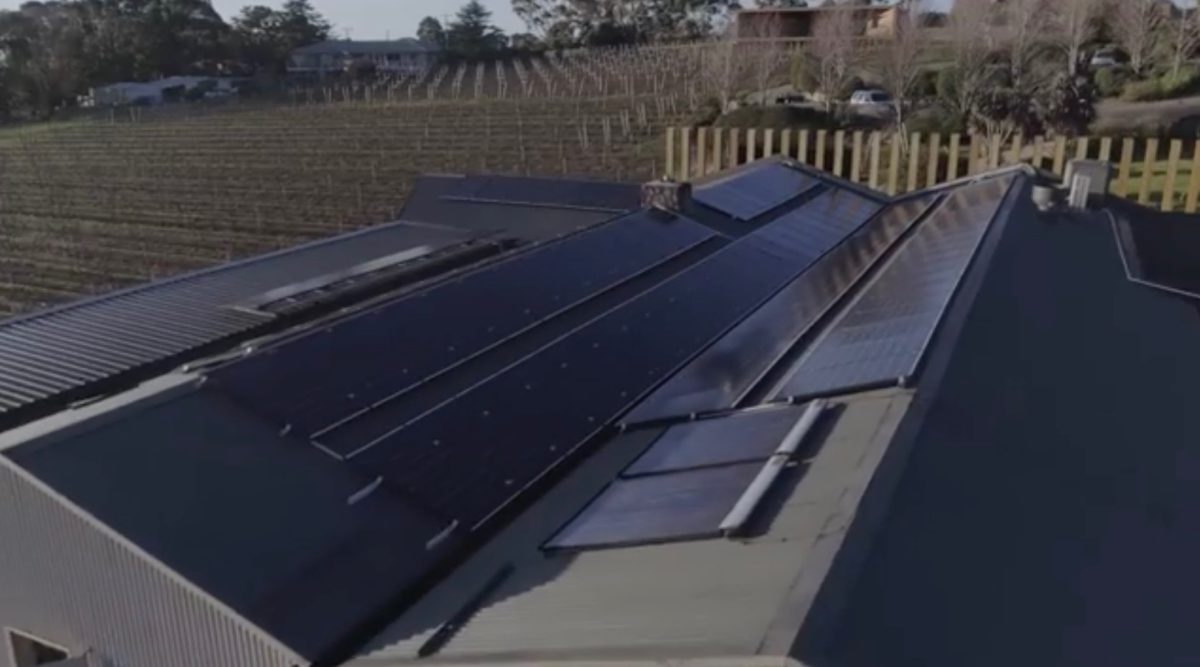The Sustainable Australia Fund (SAF) has launched special terms to support the solar industry in these uncertain times when the only certainty is that a great many are doing it tough.
According to an industry survey around 50% of respondents revealed that they have seen customer enquiries decline by between 25%-50%, with a further 20% reporting that new leads have dried up completely.
For that reason the Sustainable Australia Fund (SAF) is looking to help businesses stay afloat by unlocking immediate cash savings. “I want to send the message to all installers out there,” said SAF CEO Scott Bocskay, “we can help you close more deals and keep business rolling during this time.”
The SAF was originally established by the City of Melbourne, where it provided low-cost financing under the Environmental Upgrade Finance (EUF) program. The Sustainable Melbourne Fund, as it was then known, landed a $200 million partnership with Bank of Australia to help Australian commercial and agricultural enterprises become more sustainable.
Late last year SAF was boosted by expanded funding from the Australian Renewable Energy Agency (ARENA) and its successful EUF program, also known as Better Building Finance (BBF). It is this innovative and unique form of finance that SAF is now providing on special terms.
The Special Terms
Of course, the typical EUF/BBF financing remains in place. This is to say that building owners can take out a low cost, long term loan for any works that improve the energy, water, environmental efficiency or sustainability of existing buildings. Such projects are able to access up to 100% funding with fixed interest rates, quarterly repayments over 20 years to your local council which acts as a third party. The SAF suggests that such amicable terms would mean most projects could be cashflow positive from the get-go.
On top of these terms, and accessible before the end of June 2020, the SAF is now offering special terms to put immediate savings into the pockets of businesses:
– No application fees.
– GST can be financed and claimed back on BAS statement.
– Up to 6 months repayment holiday (subject to approval)
“While we understand that environmental upgrade projects may not be front of mind right now,” noted Bocskay, “when financed with SAF they can help businesses significantly reduce their operating costs and put more money in their pocket today when it’s needed most.”
As an example of what such a SAF funded project could look like, a 10-year term for a typical $165,000 commercial solar system would mean $10,000 more cash in the business in the first year.
An example of the SAF in action would be the Paringa Estate winery on the Mornington Peninsula, which used SAF funding to install solar panels on its roof. “I see my energy bills here, over the last few years, have just constantly being going up…” said Paringa Estate winemaker Lindsay McCall, “We need to be looking at sustainable forms of energy and solar is one of the best ones we have.”
Solar Lining
Though the industry could do with a hand, especially considering its importance to the energy transition, there are shining stars in the dark sky. Byron Bay’s Smart Energy is seeing an unprecedented surge in sales and enquiries of solar and home storage as consumers look to shore themselves up at a time when we’re stuck at home all day using energy.
A recent article on the ABC noted that the Covid-19 lockdown will drive up electricity costs for households, ensuring that there is one other certainty in these uncertain times, it has never been more worthwhile to invest in solar and home energy storage.
EUF/BBF is available throughout 36 councils in Victoria councils, 7 in New South Wales, and 5 in South Australia. To see if you’re eligible, click here.
This content is protected by copyright and may not be reused. If you want to cooperate with us and would like to reuse some of our content, please contact: editors@pv-magazine.com.









Hi guys, I’m right in the middle of receiving an install (rails up, no panels or inverter installed yet) will these incentive pass down to the consumer or is the money side of things only for businesses……cheers.